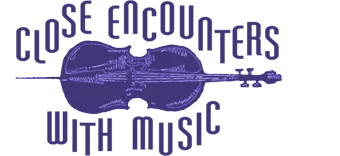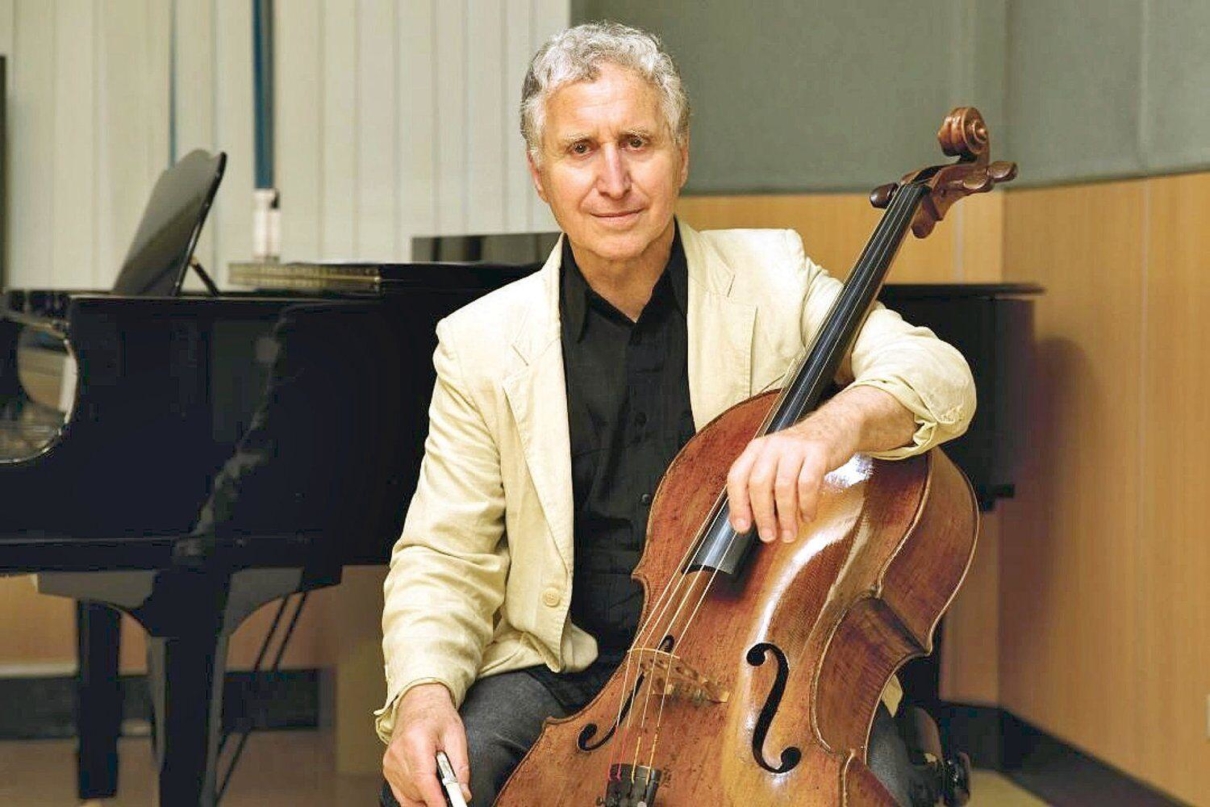Take Five with Yehuda Hanani
JULY 24, 2020
Berkshire High Peaks Festival is a 10-day summer intensive for cellists, violinists, violists and pianists that began 11 years ago as Catskill High Peaks Festival in Hunter, N.Y. and Tannersville, N.Y. Two years ago, this international gathering of music professionals and students relocated to Berkshire School in Sheffield, which had been home of Berkshire Choral Festival (now Berkshire Choral International) for more than three decades, beginning in 1982.
This year, in response to the COVID-19 pandemic, High Peaks’ open-to-the-public master classes, lectures and concerts — which began July 22 and run through July 31 — have gone from in-person to virtual. Events can be accessed via Zoom and YouTube. Complete registration information and links are available at berkshirehighpeaksmusic.org.
The summer operation is under the wing of Close Encounters With Music and its founding artistic director, Yehuda Hanani.
Close Encounters With Music is primarily a fall-winter-spring series of chamber music concerts with commentary presented at two Great Barrington venues: Mahaiwe Performing Arts Center and St. James Place.
Hanani is a cellist who has performed in a variety of chamber ensembles, special collaborations, and as soloist with, among others, Chicago Symphony, Philadelphia Orchestra, Baltimore Symphony, St. Paul Chamber Orchestra, Berlin Radio Orchestra, Israel Philharmonic, BBC Welsh Symphony, and Jerusalem Symphony. Beyond his accomplishments with the cello, Hanani is an essayist, teacher, and host of a weekly broadcast/podcast on WAMC-FM. This year he joins the faculty of the Mannes School of Music in New York.
In this Take Five, he talks about High Peaks and making music.
1. What led you to establish High Peaks 11 seasons ago? How did it come together?
I was on the faculty of many music festivals at the time — Aspen, Bowdoin, Great Lakes, Round Top, Great Wall, China, etc. and was also directing a festival in Taiwan. When I was approached by a group of students to continue our conservatory work informally over the summer, this was meant to be personal, non-institutional, with shared meals, hikes and enjoying the beauty of the Hudson Valley and Berkshires as a backdrop to serious immersion. We began with strings, added piano, and recently a vocal department, but have managed to retain the spontaneity and freshness of our origins. We held early sessions in Hunter and Tannersville, hosted by the Catskill Mountain Foundation, then moved to the beautiful Carey Center for Global Good in Rensselaerville, N.Y. Two years ago, at the request of board members of Close Encounters With Music, we moved our base to the Berkshire School campus in Sheffield, and were scheduled to be there again this summer before the pandemic struck. It has become the educational initiative of Close Encounters, and we currently have 46 students, despite COVID-19.
2. What were the particular challenges in taking High Peaks virtual this summer?
The technology is far from perfect for large presentations. Obviously, not being together in one location presents many hurdles. We’re in numerous time zones, and for instance, with the 13-hour time difference, the only time our faculty can teach students in Korea is late at night. And there is no possibility for s’mores by the fire at night. … Since chamber music is at the heart of what we do, we have had to abandon (the time lag makes felicitous ensemble playing an impossibility) sonatas, trios, etc. and concentrate on solo repertoire. Our vocalists, though, have prerecorded piano accompaniment segments. What the public sees that appears to be musicians playing together in unison, is actually a pastiche put together by engineers who lend the videos an illusion of reality. To sum up, what’s missing is human contact! Instead, we substituted additional lessons and packed the 10 days with stimulating talks and master classes by composer Joan Tower, supreme guitarist Eliot Fisk, former members of the Kronos and Cleveland quartets, etc. There are over 22 public presentations. And I have to salute our remarkable faculty, which includes violinists Peter Zazofsky and Irina Muresanu; Met soprano Danielle Talamantes; former Chautauqua opera director Jay Lesenger, and other towering musicians.
3. What do you hope people will find in High Peaks and what would you hope they will take away from a High Peaks experience?
A passion for their future profession, resilience, problem-solving skills, original thinking and belief in a better tomorrow.
4. In addition to being artistic director of High Peaks and Close Encounters With Music, you are a cellist. So, what are the particular rewards, the satisfactions in making music both as an artistic director and as an instrumentalist?
They are all one and the same: communicating this most abstract of art forms and sharing the magic of the transformation of sounds into meaning.
5. What do you like to do in your off-hours to relax, when you’re not making music?
I’m quite an accomplished baker, using exotic flours like coconut, amaranth, buckwheat, etc. We’re surrounded by plants — indoors and outdoors — so taking care of the Segalyana palms, the bougainvillea, sorrel, etc. is part or the routine. And I’m a voracious reader. When I’m not actively practicing, rehearsing, corresponding with students around the world, I can be found dreaming up new artistic adventures, connecting music, art and history to tantalize our CEWM audiences.


